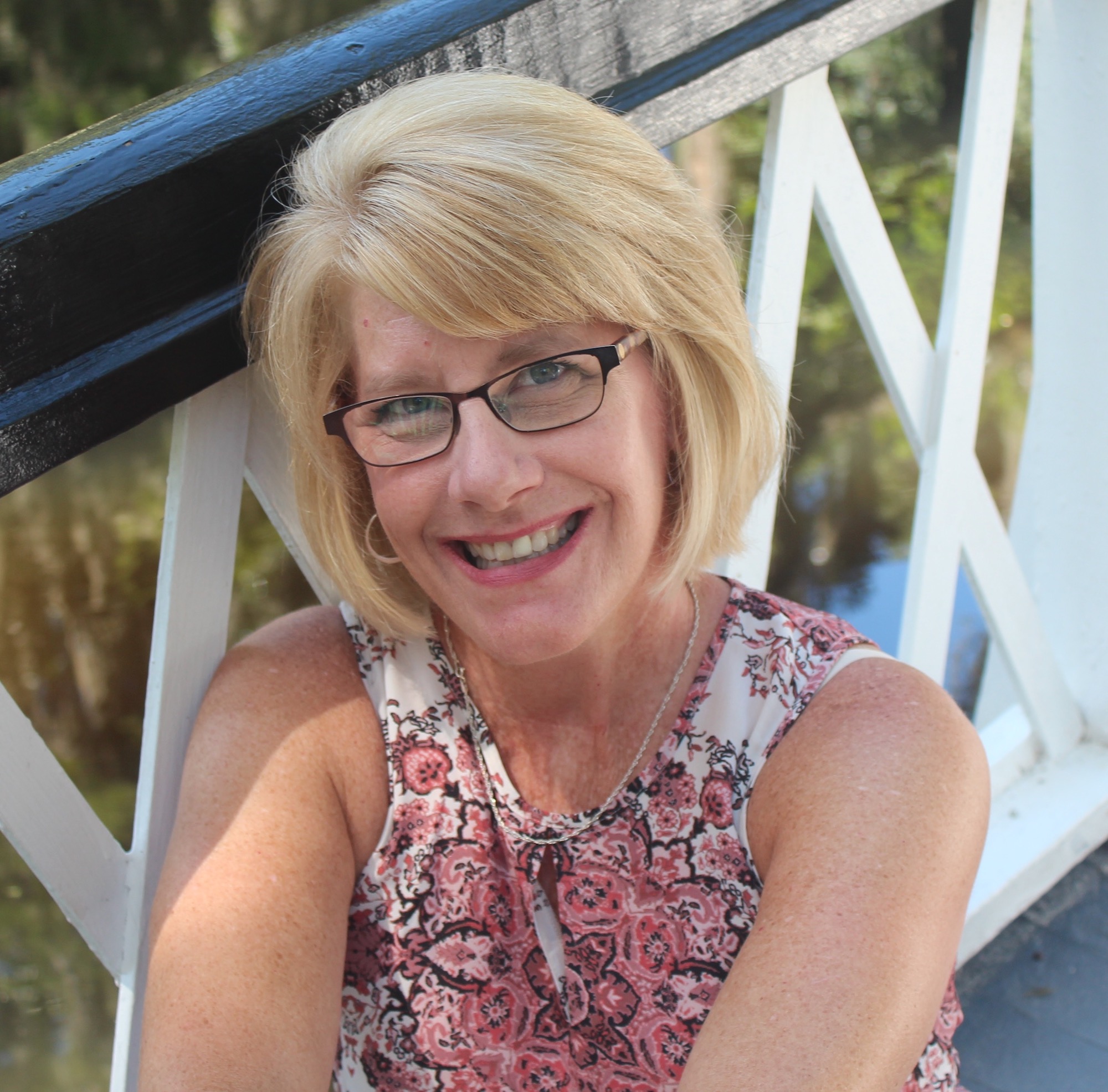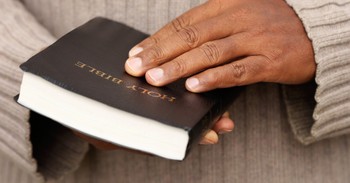2 Practical Ways to Honor Martin Luther King, Jr.’s Legacy
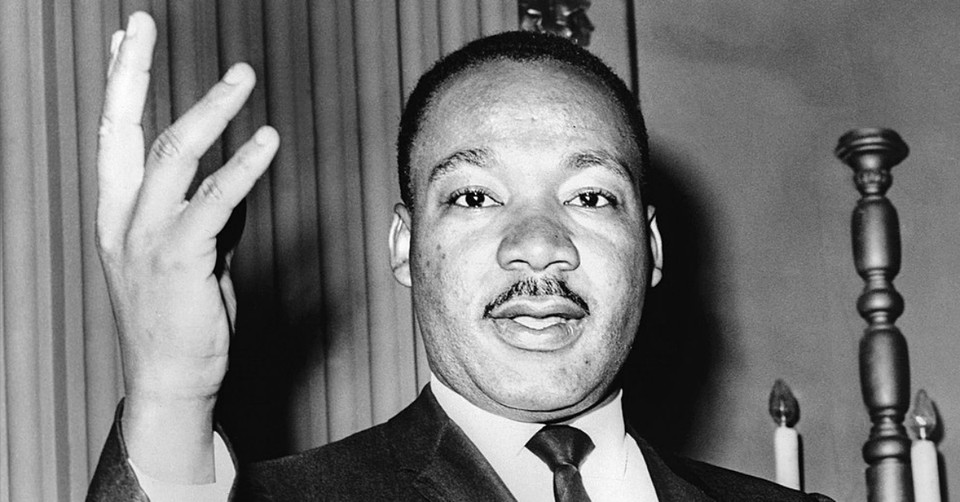
For most people, the name Martin Luther King, Jr. is synonymous with the American civil rights movement. Perhaps he, of anyone in America, had the greatest impact and influence on not only African Americans but on all Americans and throughout the world. This is why Americans of all colors should honor him and affirm their own commitment to fighting for equality and justice.
This day—which we celebrate this year on January 15—is typically observed with events such as marches, rallies, and speeches by politicians and civil rights leaders. Yet, not all of us can participate in those. In light of what is happening in America at the moment, however—with the influx of migrants, the war in Europe and Israel, spurring prejudice and racial hatred to increase—we can use this day to reflect on our own hearts and on the principles of racial equality—for all races—and nonviolent social change Dr. King espoused.
Photo Credit: ©Wikimedia Commons
Who Was Martin Luther King, Jr.?
Michael King, Jr. was born on January 15, 1929, in Atlanta, GA, to Michael, Sr. and Alberta King. King, Sr. Michael Sr. was the minister of Ebenezer Baptist Church. In 1934, King Sr. went abroad, visiting many churches and attending the Congress of the Baptist World Alliance in Berlin. While there, he visited many sites associated with Martin Luther and the Reformation. So impacted was he by Luther’s achievements that upon his return to the States, he changed his own name and Michael, Jr.’s to Martin.
Martin, Jr. was heavily influenced by his father. His father had his son memorize hymns and Scripture, which would stand young Martin in good stead in later years. He also joined the church choir and was a talented violinist and pianist.
As he entered adolescence, however, young Martin Luther began to question Scripture. “Doubts,” he said of that time. “began to spring forth unrelentingly.” His doubts about biblical literalism—Jesus’ virgin birth, the story of Jonah and the whale—would continue throughout his lifetime, unfortunately.
Young Martin also saw his father stand up to discrimination and segregation. The older Martin Luther led peaceful marches of hundreds of African Americans, once to Atlanta’s city hall to protest voting rights discrimination.
In high school, young Martin joined the debate team and discovered that he had natural public speaking abilities. Having an eloquent baritone voice helped too.
Upon graduation, he enrolled at the all-male Morehouse College in Atlanta, where his father and paternal grandfather had also attended. It was young Martin’s first taste of the integrated North, and he once wrote to his father, “After we passed Washington there was no discrimination at all. The white people here are very nice. We go to any place we want to and sit anywhere we want to.”
While at Morehouse, King, Jr. developed a strong relationship with the college’s president, Baptist minister Benjamin Mays. It was Mays’s mentoring and impact that influenced King, Jr. to enter into the ministry to answer “an inner urge to serve humanity.” He graduated from Morehouse in 1948 and then enrolled in Crozer Theological Seminary in Pennsylvania. He also took courses at the University of Pennsylvania. In 1951, he graduated with a Bachelor of Divinity.
King then began his doctoral studies in systematic theology at Boston University and worked as an assistant minister at Boston’s historic Twelfth Baptist Church. In 1954, at the age of 25, King was called as pastor of the Dexter Avenue Baptist Church in Montgomery, AL, all the while working on his dissertation for his PhD, which he received on June 5, 1955.
Sadly, it was discovered in 1991, long after King’s death, that portions of his dissertation had been plagiarized. A committee concluded, however, that it still “makes an intelligent contribution to scholarship.” A disclaimer was attached to King’s dissertation, noting that numerous passages were cited without appropriate attribution.
Whilst serving as the pastor at Dexter Avenue Baptist Church, the infamous bus boycott happened, instigated by two incidents when two women, one of them Rose Parks, refused to give up their seat to a white person, which was in direct violation of the Jim Crow laws then. Edgar Nixon planned the boycott, while King took the helm. At one point, the situation became so intense, King’s house was bombed, and he was arbitrarily arrested and jailed for exceeding the speed limit by five mph. His leadership in the boycott—which lasted more than a year—and his arrest propelled King into the national spotlight, which put him in the position to become the best advocate/speaker for a civil rights movement in America.
King and the Southern Christian Leadership Conference (SCLC), which King and several others founded in 1957, were proponents of nonviolent protests, and King led many peaceful but confrontational marches, movements, labor strikes, campaigns, and sit-ins in Georgia, Alabama, Florida, Chicago, New York City, and Washington D.C., to shine a light on the injustices of the Jim Crow laws, racial segregation, African American voters’ rights, and labor rights.
In fact, King’s intent was to provoke mass arrests—which included his own—to “create a situation so crisis-packed that it will inevitably open the door to negotiation.” They worked. Through these movements and King’s continued outspokenness, which often garnered the support of top political figures, the Civil Rights Act of 1964 and the 1965 Voting Rights Act were enacted. For his efforts, King was awarded the Nobel Prize for Peace.
Tragically, King was assassinated on April 4, 1968, in Memphis, TN, while he was there in support of the city’s sanitation workers’ strike. King was 39 years old.
At his funeral, Coretta—King’s wife, whom he married in 1953 and had four children with—requested that the last sermon he ever preached be played. In that sermon, King said, “I'd like somebody to mention that day that Martin Luther King Jr. tried to give his life serving others. I’d like for somebody to say that day that Martin Luther King Jr. tried to love somebody."
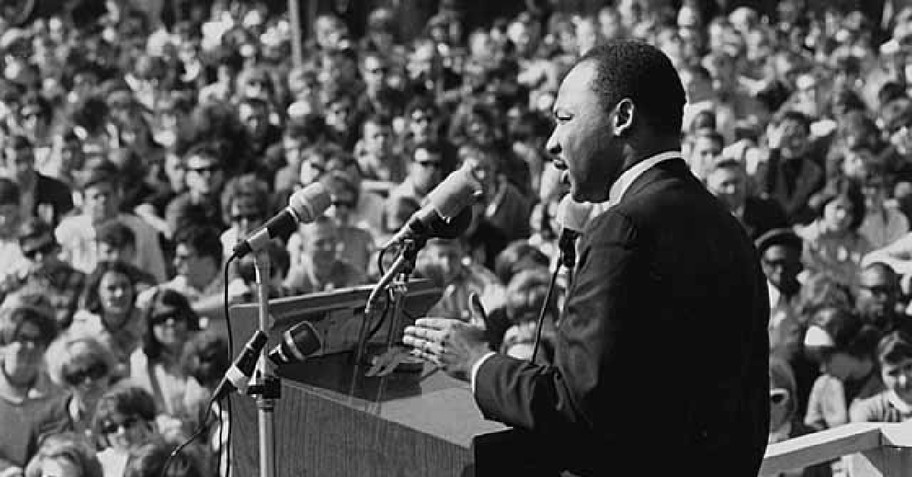
King’s Legacy
King is best remembered—aside from his 1963 “I Have a Dream” speech—for bringing to the forefront the injustices done to the African American people and to rally them to assert their rights. His influence and legacy go beyond our American shores, as well.
King influenced the Black Consciousness Movement in South Africa, the Northern Ireland civil rights movement. The Martin Luther King Fund and Foundation was created to promote racial equality in the UK. So influential was King in the UK, in fact, that a statue was erected in 1998 at Westminster Abbey in London. A Martin Luther King Peace Committee was created, and still exists today, in honor of King at the Northumbria and Newcastle Universities, and they, too, erected a bronze statue of him in 2017.
While certainly a flawed man, as we all are, it is difficult to overstate King’s impact on America and the world through his nonviolent activism. Because of his influence, our government established a specific day each year to commemorate this heroic man’s lifetime of service to the betterment of his fellow African Americans and to humanity at large.
Says Professor David Justice of Baylor University, “If nothing else, Christians should celebrate the fact that Dr. King was instrumental in ending Southern Jim Crow apartheid. Beyond his accomplishments, however, I believe King took quite seriously Jesus’ prayer for God’s will to be done ‘on earth as it is in heaven.’ As Christians, we are not called to sit around and wait for Jesus to come back. Rather, we are called to go out into the world and be Jesus’ hands and feet, and work to make God’s Kingdom a reality. And, while we ought to critique King’s theology and legacy, he devoted the entirety of his life to making the Kingdom of God real on earth, which he referred to as the Beloved Community. If Christians similarly made it their life mission to realize the Beloved Community with the kind of loving tenacity embodied by King, the world would be a far better place.”
Indeed, King saw his life’s purpose first and foremost as a preacher, second, as a civil rights leaders, which he viewed as an extension of his ministry. “Before I was a civil rights leader, I was a preacher of the Gospel,” King said in one of his sermons. “This was my first calling, and it still remains my greatest commitment. You know, actually all that I do in civil rights I do because I consider it a part of my ministry. I have no other ambitions in life but to achieve excellence in the Christian ministry. I don't plan to run for any political office. I don't plan to do anything but remain a preacher. And what I'm doing in this struggle, along with many others, grows out of my feeling that the preacher must be concerned about the whole man.”
Photo Credit: Minnesota Historical Society/Wikimedia Commons
2 Practical Ways to Honor and Celebrate King
Unfortunately, King’s ministry did not eradicate systemic racism and prejudice. They are ongoing maladies of our day. Yet, we can take Martin Luther King Day as an opportunity to examine our hearts and minds about racial prejudice and inequality and how we can overcome it with these two practices.
1. Practice Love
“A new command I give you: Love one another. As I have loved you, so you must love one another” (John 13:34).
King’s philosophy was that love could overcome hate, in the vein of Jesus Christ. Says Tammy Tilley, editor at Warner Press, “Everything King did to radically communicate the value of all men, particularly blacks, was born out of his love for God. As one pastor writes, ‘He was a rod in the hand of an all-ruling God.’”
Love for our “neighbors” (Mark 12:30-31), which includes Black people, demands that we put aside our prejudices and our discriminatory thoughts and feelings. Love demands that we value everyone as image-bearers of God, as created with worth and dignity. We don’t have to—and won’t always—like or agree with everyone on religious, social, or political ideologies, about cultural differences, or in our opinions.
Noted King in a sermon he preached in 1957, “It is significant that [Jesus] does not say, ‘Like your enemy.’ There are a lot of people that I find it difficult to like. I don’t like what they do to me… but Jesus says love them. And love is greater than like.”
We are called by God to love and bless everyone, even our enemies (Matthew 5:43-44). This love—agape love; the highest form of love—transcends all differences. It is this kind of fatherly love that God has for all human beings of every hue and homeland.
Furthermore, God does not show partiality or favoritism (Romans 2:11). He is not a white supremacist. Being Spirit, He does not identify as any one racial or ethnicity. He is color- and ethnic-neutral. Therefore, He is able to love everyone—Africans, Jews, Indians, Arabs, Asians, and Caucasians—equally and alike.
These are high and holy standards, indeed, and as believers, we are called to remain racially and ethnically impartial, and to express agape love toward everyone.
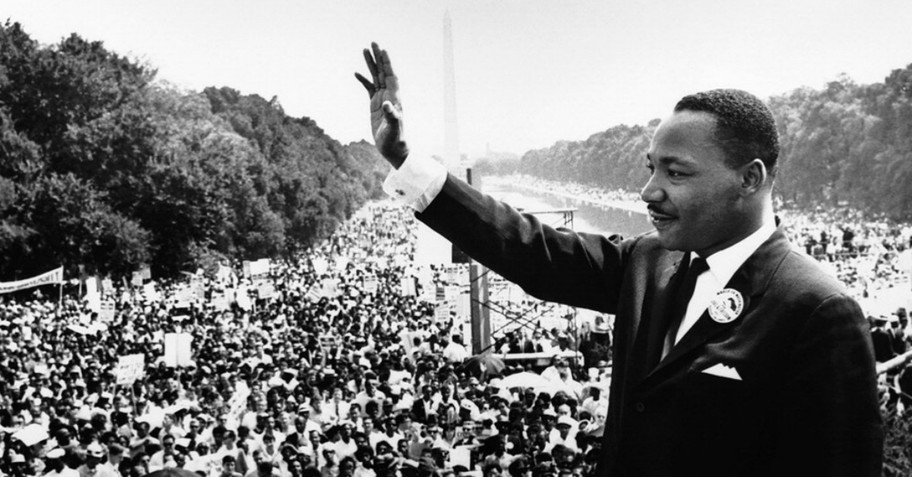
2. Promote Peace
“If it is possible, as far as it depends on you, live at peace with everyone” (Romans 12:18).
World peace is and always will be impossible to attain. There will always be strife, wars, and intolerance in our world. Shalom won’t be realized until Jesus Christ returns a final time. However, that does not negate believers’ responsibility to promote peace whenever and wherever possible, whether by word, prayer, or deed. How can we do that?
- When in conversations and the topic comes up, stand up for and defend those who are oppressed, hated, and marginalized. Speak the truth with love. Silence only perpetuates the problem. Call out racist jokes and/or opinions. “There’s nothing funny about using “humor” to normalize dangerous ideas and perpetuate ugly stereotypes,” says Sarah Ferguson in her article “5 Ways to Fight Hate and Discrimination.” Antonio Guterres, United Nations Secretary-General, agrees. “Wherever we see racism, we must condemn it without reservation, without hesitation, without qualification.”
- Openly and unapologetically denounce hate groups, of which the Southern Poverty Law Center (SPLC) estimates there are 1,225 groups in America alone, including the Ku Klux Klan, the Neo-Nazis, the White Nationalists, along with anti-Jewish, anti-Muslim, and anti-LGBTQ groups. As you denounce their propaganda, also pray that the hearts and minds of these members will be changed by the truth of Jesus Christ and the Gospel.
- Pray for the oppressed, hated, and marginalized. Pray that they would know and experience the love and comfort of God in the midst of hostility.
- Show support for hate crime victims to help spread awareness. Connect with them personally, if possible, to express tangible love, comfort, and compassion.
Conclusion
Like King and Jesus, be “concerned about the whole man.” Both men led movements—one temporal, one eternal—that paved the way for peace, freedom, and unity.
This ministry has been passed on to us through the Gospel message. Let us honor King, and King Jesus, by being faithful to this ministry of spreading love, dignity, worth, peace, hope, and unity to all peoples everywhere.
Photo Credit: ©Wikimedia Commons
Originally published January 12, 2024.


